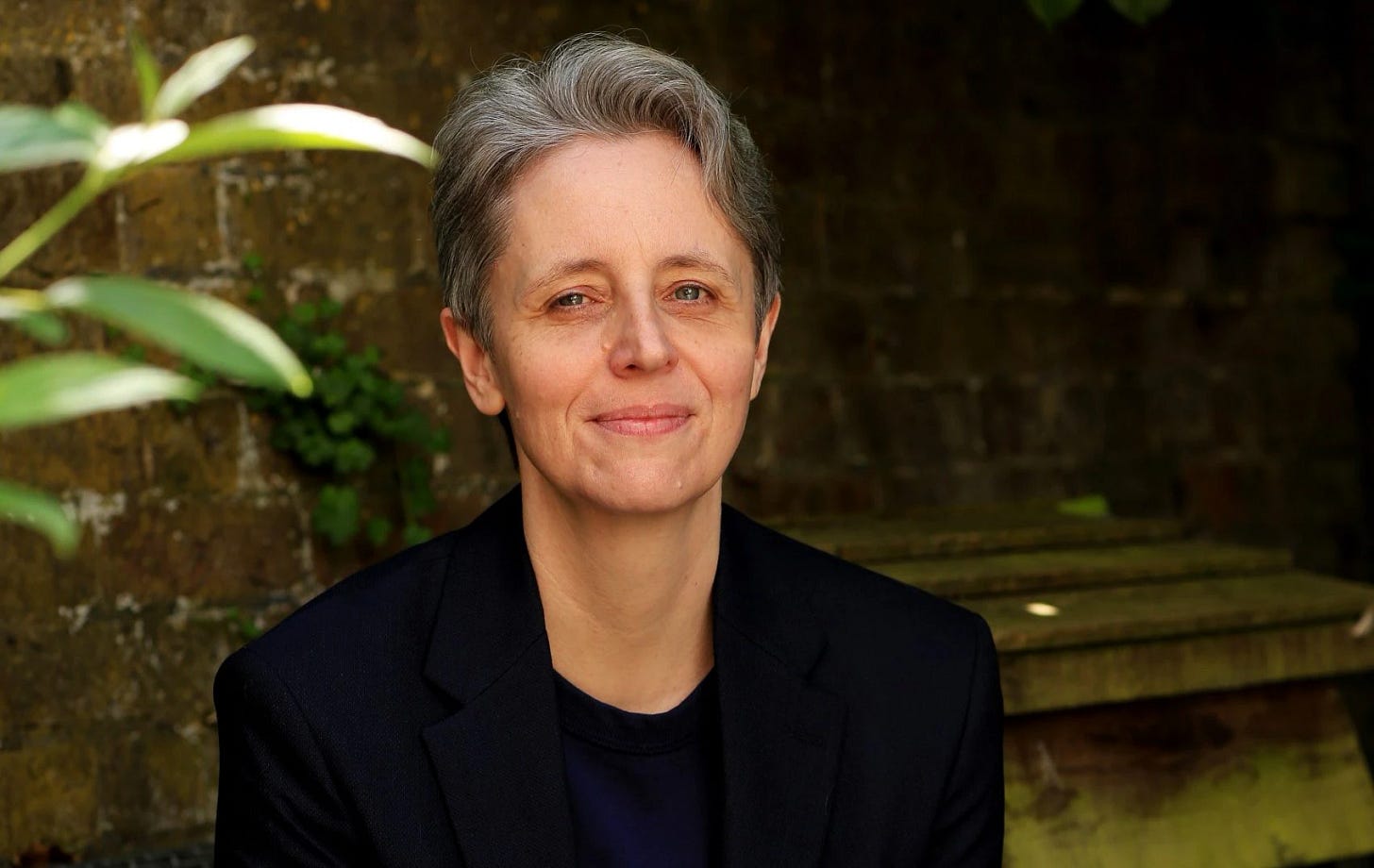The Holy Resurrection of Biological Sex
This Easter, an unexpected legal triumph in the United Kingdom nurtured the shoots of revival of simple biological truths.
As Christians across Canada and the world prepared to observe the most significant feast day in their religious calendar, on the other side of the Atlantic five Lords Justice presided over the mystery of an altogether different twenty-first century resurrection.

In a landmark decision rendered just recently by the U.K.’s Supreme Court of Justice, five judges unanimously succeeded in breathing new life into a concept that—to many in our modern era—was thought to have been crucified by the nails of Postmodernism. That idea is that sex is immutable.
The court’s pronouncement—to absolutely no rational, thinking person’s surprise—ratifies women in Britain as members of society who are born biologically female, a category that cannot legally be assumed by a natal male. This disbarment applies even to a man who holds a Gender Recognition Certificate issued under the U.K.’s Gender Recognition Act (2004) that declares them to be female under the law. The key takeaway for Canadians is that in the U.K. today trans women are not considered women, and never have been, according to the highest court in the land, and none of the Supreme Court judges on the bench disputed this fact.
The impact of this ruling is far-reaching, serving as a much-needed clarification of Britain’s Equality Act, a bill passed by Gordon Brown’s government in 2010 that provides broad protections for citizens aimed at scotching discrimination in everyday life, such as workplace hiring practices that are prejudicial on the grounds of nine characteristics including race, sex, sexual orientation, and disability.
What’s especially relevant—at least for a cancelled professor like me at Canada’s number one seat of higher learning, as I glance across the campus from the quiet perspective of my office window—is that this vindication comes some thirteen months of apostasy after I was frogmarched into a meeting with my department chair, Professor Lindsay Schoenbohm.

In that interview she had torn strips off me, calling me out for “making the department look transphobic” simply for posing to coddled University of Toronto students attending a gamified social event the claim that “a man can become a woman.” This was in the context of a friendly and voluntary debating format known as spectrum street epistemology, notably championed by American philosopher and podcaster Peter Boghossian.
More recently, Instagram postings by an activist student association at the university calling itself The Pears Project has similarly chosen to cover itself in glory by defaming me in much the same manner, amusingly appending the label “homophobe” to the growing litany of slurs. Presumably this is because they are capable of suppressing the cognitive dissonance accompanying the belief that gay men like myself are brimming with self-loathing. I’m so sad to disappoint them.
Of course, it’s difficult to refrain from spotlighting the collective stupidity of these people—professors and students alike; and some of them, to their enduring shame and everyone else’s chagrin, calling themselves scientists—who have become entranced by the delusion that human beings can simply circumvent the physiological truths dictated by the sex binary of our genetic makeup. Even five-year-olds intuitively know these truths, at least until teachers begin to derange them in our schools.
Sex is not assigned at birth by a healthcare professional: it is dictated by our chromosomes and observed. In very rare cases—fewer than one in 5,000—the observation might be misleading, the consequence of emerging intersex conditions that require later diagnosis and intervention. The existence of these outlier cases is endlessly overstated and then deployed by activists to perpetuate the fallacy that sex is fluid, or that transitioning between male and female is biological possibility. It is not.
Now, I am chastened, of course, knowing that right now I reside in Canada and should not expect similar vindication here, but it is pleasing to hear news that my homeland, the birthplace of the common law, parliamentary democracy, the abolition of slavery and, in modern times, the internet—a nation by turns affectionately and scathingly known as TERF Island—has taken the lead once again by reasserting biological reality.
For once, risking the wrath of the postcolonial despots that govern universities like mine, I am no longer ashamed to be British.
Wednesday’s ruling marks the crowning achievement of a host of courageous women and men, among them gender critical voices like those of Helen Joyce, author of Trans, Professor Kathleen Stock who penned Material Girls and later lost her job at the University of Sussex, and Graham Linehan, the comedy writer behind Father Ted and The IT Crowd, to name but a few.

The sense of victory is palpable. Women across Britain have had their spaces returned to them. It is the doing of a tiny collective of motivated Scottish women led by Trina Budge, Susan Smith and Marion Calder. Against all the odds, they have won their appeal to common sense. To paraphrase J. R. R. Tolkien, “their coming was like the falling of small stones that starts an avalanche in the mountains.”
And it’s a fair wager that Canadian women, too, are about to “wake up and find that they are strong.”




